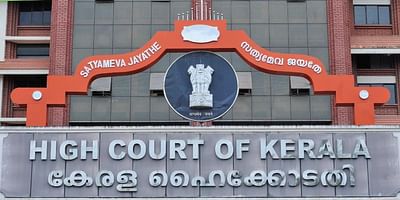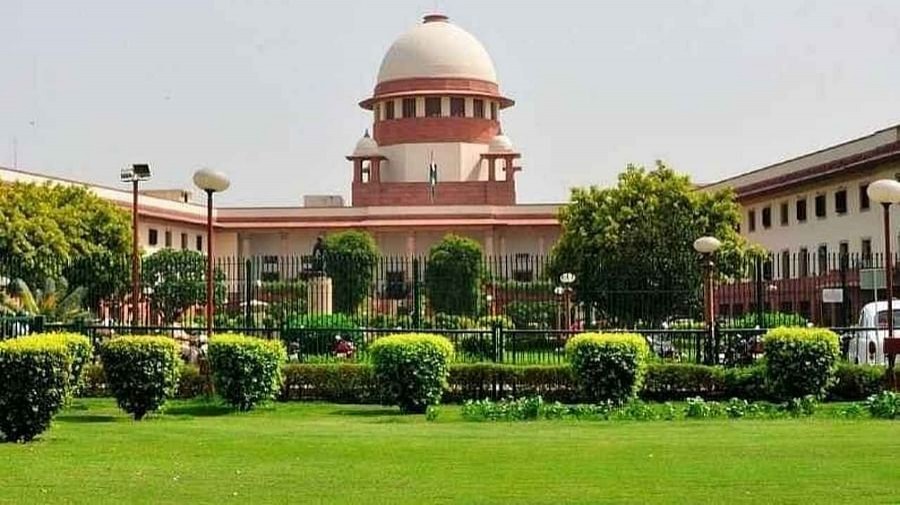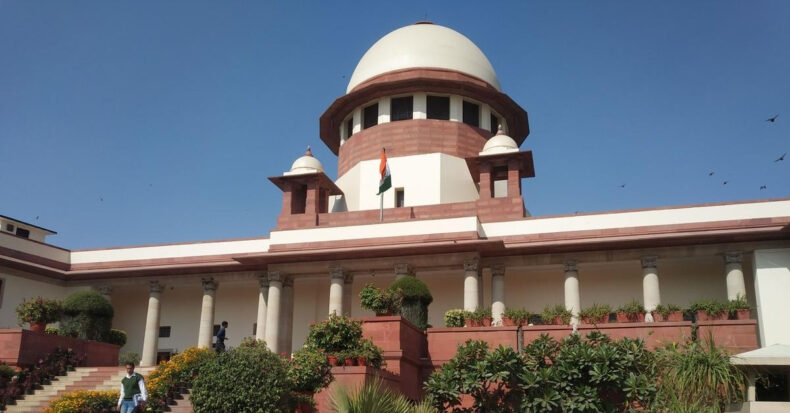On Friday, the Supreme Court stayed the proceedings of a petition challenging the validity of the Centre’s decision to grant 10 per cent reservations in admission and jobs for the Economically Weaker Sections (EWS) in the Kerala High Court. The order came after Solicitor General Tushar Mehta, appearing for the Centre, sought a stay on the proceedings before the Kerala High Court.
The Case Should Be Transferred and Clubbed with Similar Cases Pending Before the Supreme Court
Nujaim PK filed the PIL challenging the validity of the 103rd Constitution Amendment Act, 2019. The Ernakulam bench of the HC, on November 5 2020, had approved considering his petition that challenged the Centre’s decision.

In addition to the stay, the bench comprising Justice N V Ramana, Justice Surya Kant and Justice Hima Kohli also issued notice on the plea by the Centre, which sought the transfer of the case from the Kerala HC to the Supreme Court. Solicitor General Tushar Mehta appeared for the Centre and sought the stay and a notice to Nujaim PK. Mehta observed that it would be inappropriate for the Kerala High Court to hear the petition while the SC proceeded with similar petitions.
The plea by the Centre said: “The Writ petition involves an identical question of law to one pending before this Court, whether the constitution (One Hundred and Third Amendment) Act, 2019 violates the basic structure of the Constitution of India and is against the basic principle of the constitution”. It also added that transferring this petition to the apex court and clubbing together of all such cases would avoid the possibility of different courts passing inconsistent orders on the same issue. Other petitions challenging the Act’s validity are pending before the Supreme Court, which necessitates the transfer of this petition.
The 103rd Constitution Amendment Act
The Constitution (103rd Amendment) Act, 2019 was cleared by the Lok Sabha and Rajya Sabha on January 8 and January 9 in 2019. It grants ten per cent reservations in jobs and admissions to educational institutions to the Economically Weaker Sections of the country. The Act breaches the 50 per cent cap on reservations set by the Supreme Court in 1992 in the Indira Sawhney case. The EWS Act is effective since the Apex Court had refused to stay the Centre’s decision earlier.

Last year, the Centre had requested the Supreme Court to transfer similar cases challenging the Act’s validity pending in High Courts to the SC. The three-judge bench accepted and referred the petitions to a five-judge bench. The SC has not constituted the proposed bench to hear the pending petitions, which are more than twenty in number.
The SC Set Aside Madras High Court’s observation
In August, the Madras HC heard a contempt of court case filed by the ruling DMK in Tamil Nadu. The DMK sought contempt proceedings against the Union Government for not abiding by a July 2020 order.
The Madras High Court had remarked that the Centre should have sought the approval of the Apex Court before implementing the EWS reservation in the all-India quota NEET medical seats.
According to Justice D Y Chandrachud and Justice B V Nagarathna, “the observation by the High Court was unnecessary for deciding the contempt”. They also added that the observation “transgressed the boundaries of the contempt jurisdiction”, which is why they set it aside.
Read More: NATIONWIDE BAN ON FIRECRACKERS; SUPREME COURT REFUSES URGENT LISTING OF THE PLEA
Read More: Supreme Court’s examination of the 2016 demonetization












